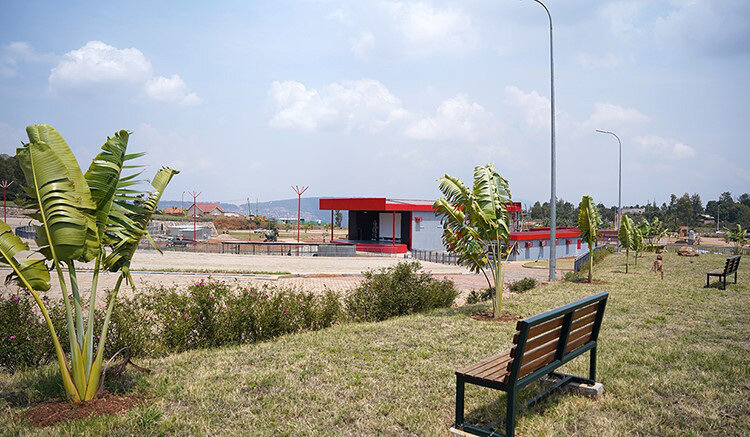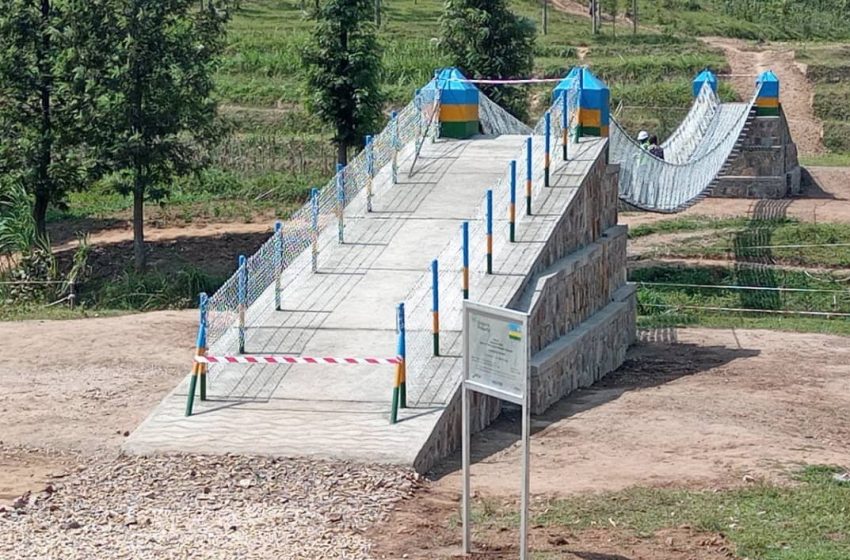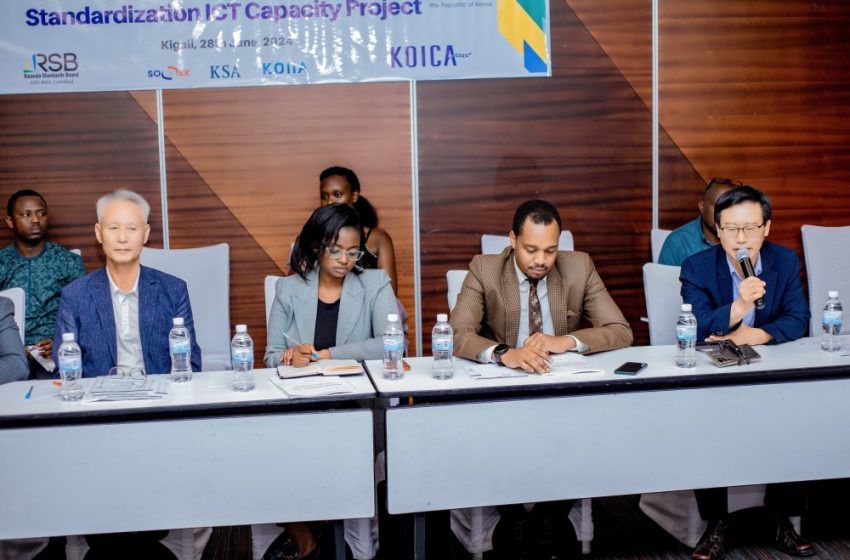
Supreme Court Upholds RIB’s Search and Seizure Powers
The Supreme Court of Rwanda has ruled to uphold provisions of a 2017 law that give the Rwanda Investigation Bureau (RIB) broad authority to conduct searches without judicial warrants.
The court rejected a petition filed by Kigali lawyer Edward Murangwa that challenged Article 10 of the 2017 law establishing the RIB. This article enables RIB investigators to “search any person or property, enter premises without a warrant” if they have reasonable suspicion of criminal activity.
Murangwa had argued that such open-ended search and seizure powers violated constitutional protections against unreasonable searches and seizures and infringed on civil liberties.
However, in its ruling, the Supreme Court found that the public and national security interests served by allowing the RIB to swiftly initiate searches based on reasonable suspicion outweighed the small infringement of rights entailed.
The court ruled that the RIB’s authority to conduct warrantless searches is not absolute and that there are other safeguards in place, including requirements for investigators to identify themselves and report searches that do not lead to arrests.
Human rights groups have voiced concerns that the ruling could open the door to fishing expeditions and abuse of power by security services. But the Supreme Court ultimately decided that on balance, the RIB’s broad search and seizure powers as stipulated under the 2017 law are justified and constitutional.
























